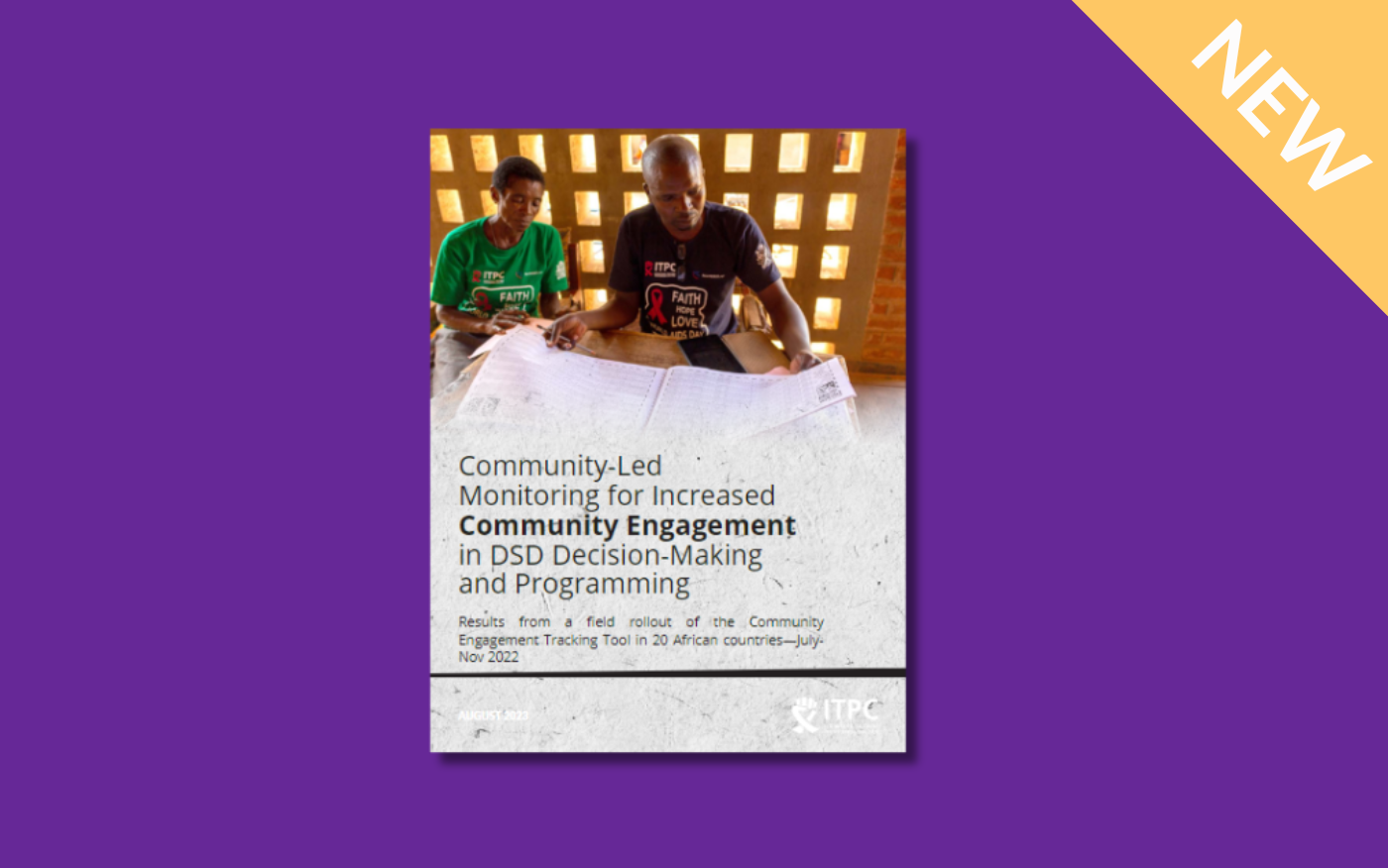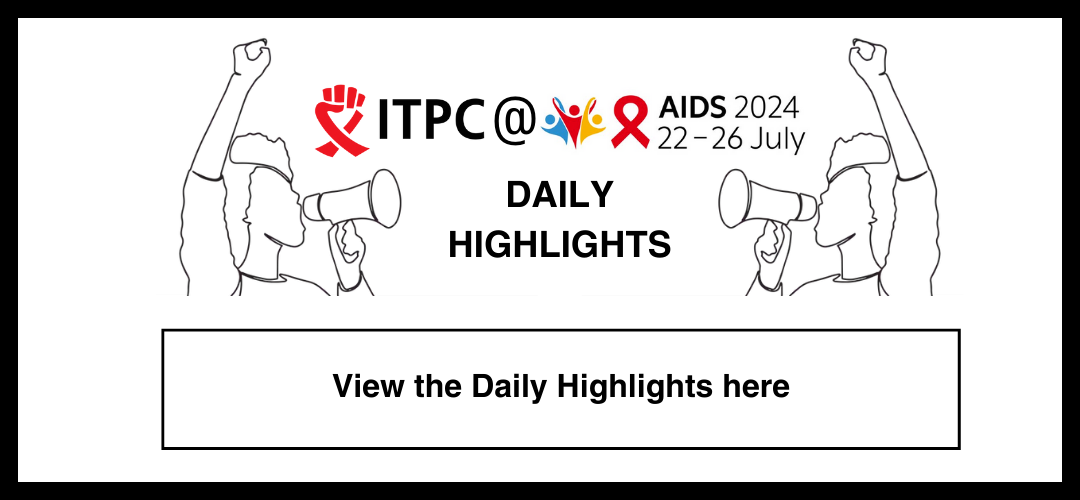Community Engagement (CE) is critical to the success of Differentiated service delivery (DSD), and to other key aspects of the HIV response, as it focuses on people-centered practices. CE is a process of developing relationships that enable stakeholders to work together to address health-related issues and promote well-being to achieve positive health impact and outcomes.
In collaboration with the International Treatment Preparedness Coalition (ITPC), the Community Advocacy Network (CAN) members developed a Community Engagement Framework and a monitoring tool to promote community engagement across various levels (policy, programmatic, community) and areas (design, implementation, M&E).
The CE Monitoring Tool was rolled out between July and November in 2022 across 20 African countries. Findings confirm that CE both serves the needs of RoC and also reduces unnecessary burdens on the health system. Approximately 120 people across the 20 countries were involved in the data collection process and engaged mainly with Ministry of Health officials and civil society representatives. The key findings and corresponding recommendations bring further insight into levels of engagement and how to strengthen meaningful community engagement in countries rolling out DSD programs.
Essentially, the experience of each of the 20 countries tracking CE is a rich source of learning practices, and country-to-country learning should be promoted to build capacity on successful strategies and incentive action in countries where CE is low, or activities have not been conducted. Partners were also able to build new relationships with authorities and partners, creating potential opportunities to have an impact on their institutional frameworks. Countries also realized the added value of community engagement and the role of communities in HIV responses, having a clear picture of gaps.
The 20 African countries are Burundi, Cameroon, Cote d’Ivoire, DRC, Eswatini, Ethiopia, Ghana, Kenya, Liberia, Malawi, Mozambique, Nigeria, Rwanda, Senegal, Sierra Leone, South Sudan, Tanzania, Uganda, Zambia and Zimbabwe.

